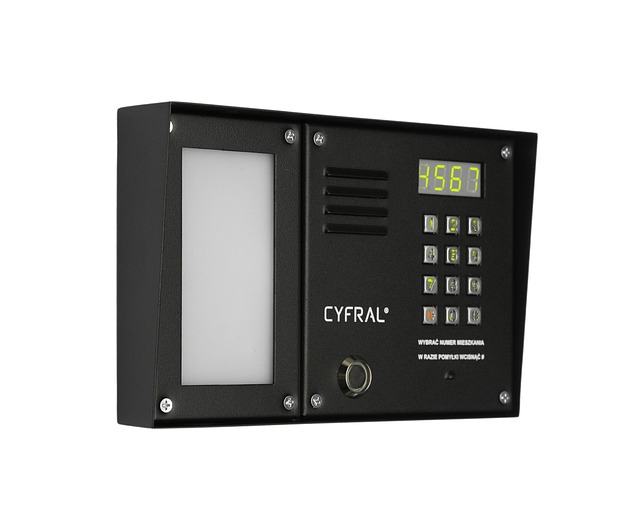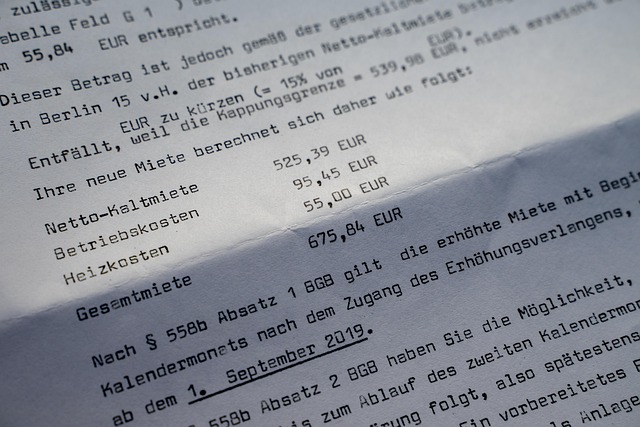Background checks are vital in rental agreements, providing landlords with essential information about potential tenants. They significantly enhance safety by identifying risks early, preventing tenant defaults, property damage, and fraud. These checks foster trust and responsible renting habits, ultimately creating safer living environments. By examining criminal records, employment stability, and previous rental experiences, landlords make informed decisions, selecting trustworthy tenants who respect lease agreements. The impact of checks on renting is profound, minimizing disputes and hazards, and safeguarding property investments.
In today’s digital era, ensuring rental safety is paramount. The role of background checks cannot be overstated; they’re a crucial step in preventing potential risks and fostering secure tenancy. This article delves into the intricacies of background checks, exploring what they entail and their significant impact on the renting process. We’ll dissect how these checks enhance security, protect property, and safeguard both landlords and tenants alike, ultimately underscoring the value of comprehensive background verifications in the world of rentals.
- Understanding Background Checks: What They Entail and Their Significance in Renting
- The Role of Background Checks in Preventing Rental Safety Risks
- Impact of Comprehensive Background Checks on Enhancing Tenancy Security
Understanding Background Checks: What They Entail and Their Significance in Renting

Background checks play a pivotal role in shaping the safety and security of rental agreements, serving as a crucial tool for landlords and property managers alike. These checks involve a thorough investigation into a potential tenant’s history, including their criminal record, employment verification, and sometimes even personal references. By conducting such assessments, landlords gain valuable insights that can significantly impact their decision-making process.
The significance of background checks in renting cannot be overstated. They ensure that properties are occupied by responsible individuals who have the means to meet financial obligations and maintain the premises. Moreover, these checks help identify potential risks or red flags early on, allowing landlords to make informed choices and protect their investments. In today’s digital era, where information is readily accessible, background checks have become an indispensable step in navigating the complexities of renting and fostering a safe living environment for all parties involved.
The Role of Background Checks in Preventing Rental Safety Risks

Background checks play a pivotal role in mitigating risks associated with the rental process, ensuring both property owners and tenants are protected. By delving into an applicant’s history, these checks provide valuable insights into their financial stability, previous tenancy records, and potential criminal activities. This proactive measure significantly reduces the likelihood of tenant default, damage to properties, or even more severe issues like fraud or violent conduct.
The impact of background checks on renting is profound. They serve as a crucial filter, allowing landlords to make informed decisions about who they rent to. This due diligence helps foster a safer living environment, minimizing the risks of unexpected problems. Moreover, it empowers tenants by promoting responsible renting habits and ensuring their applications are considered based on genuine qualifications, fostering trust between both parties.
Impact of Comprehensive Background Checks on Enhancing Tenancy Security

Comprehensive background checks play a pivotal role in enhancing tenancy security, significantly mitigating risks associated with the rental process. By delving into an individual’s history, including criminal records, employment stability, and previous rental experiences, landlords gain valuable insights into potential tenants’ reliability and responsible behavior. This proactive measure not only protects property investments but also fosters a safer living environment for current residents.
The impact of such checks on the impact of checks on renting is profound. They act as a filter, screening out individuals with proven problematic behaviors, thereby reducing the likelihood of tenant-landlord disputes, damage to properties, and even potential safety hazards. As a result, landlords can make informed decisions, ensuring that their rental properties are entrusted to responsible and trustworthy tenants who respect the terms of their lease agreements.






